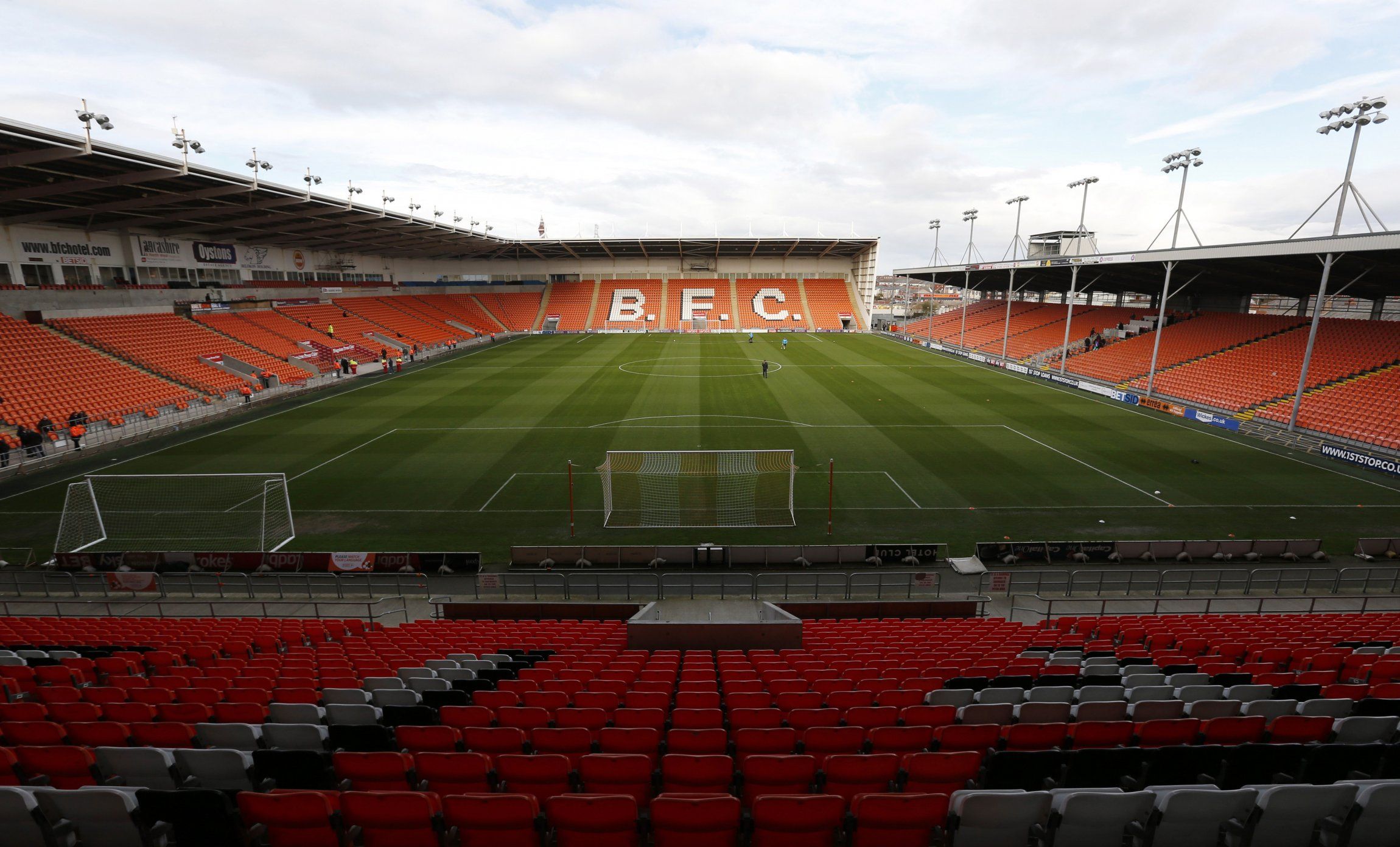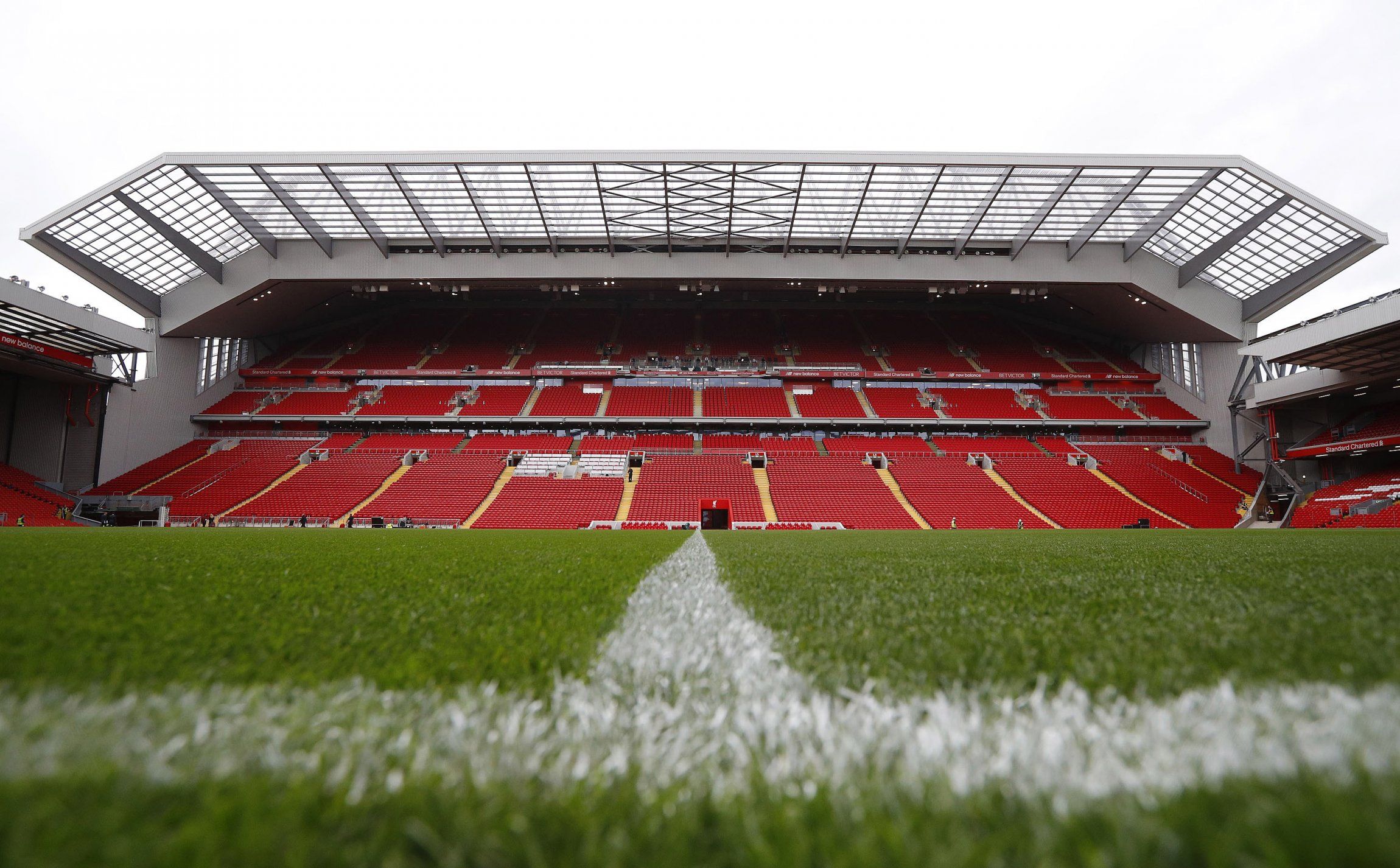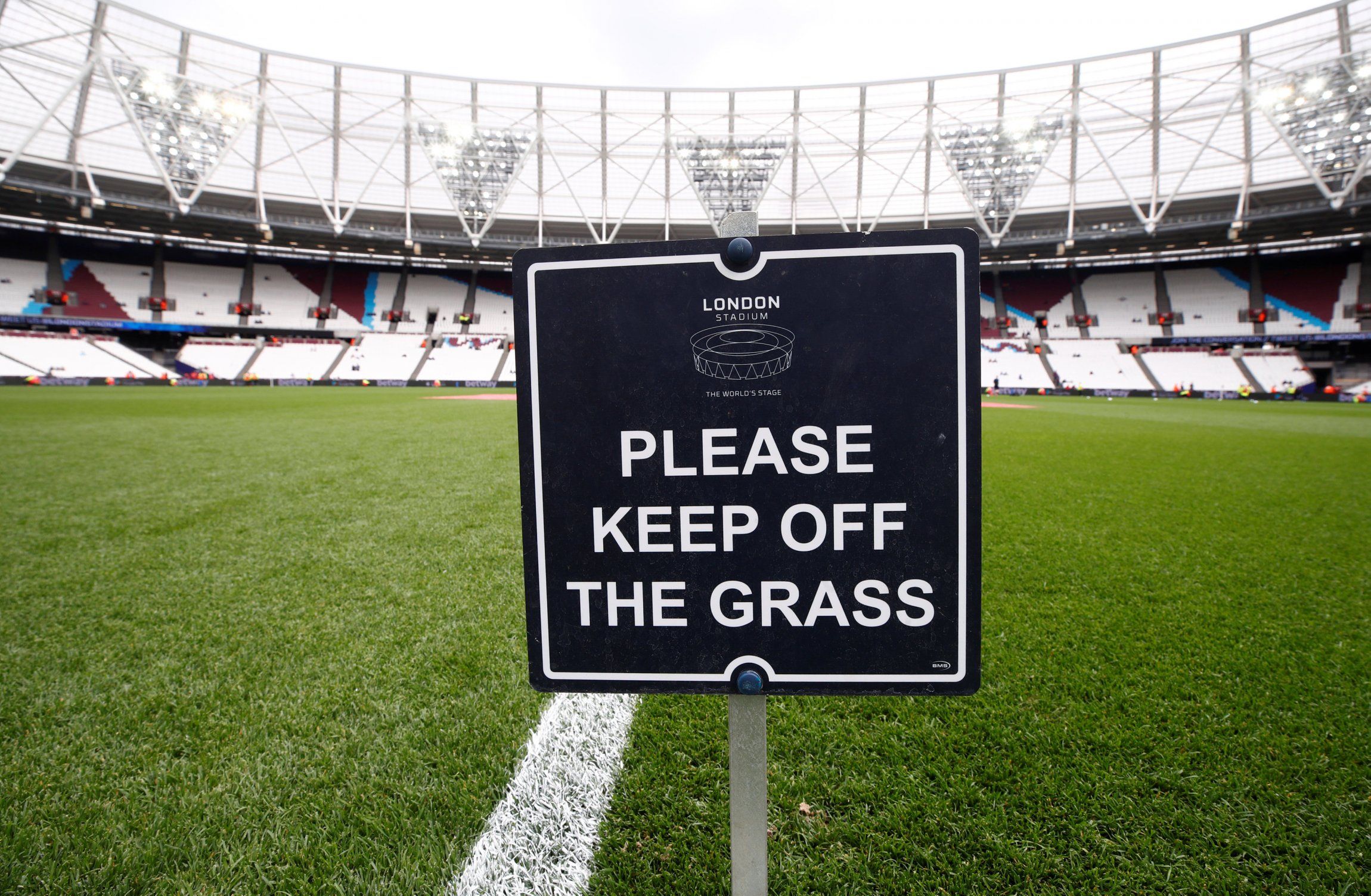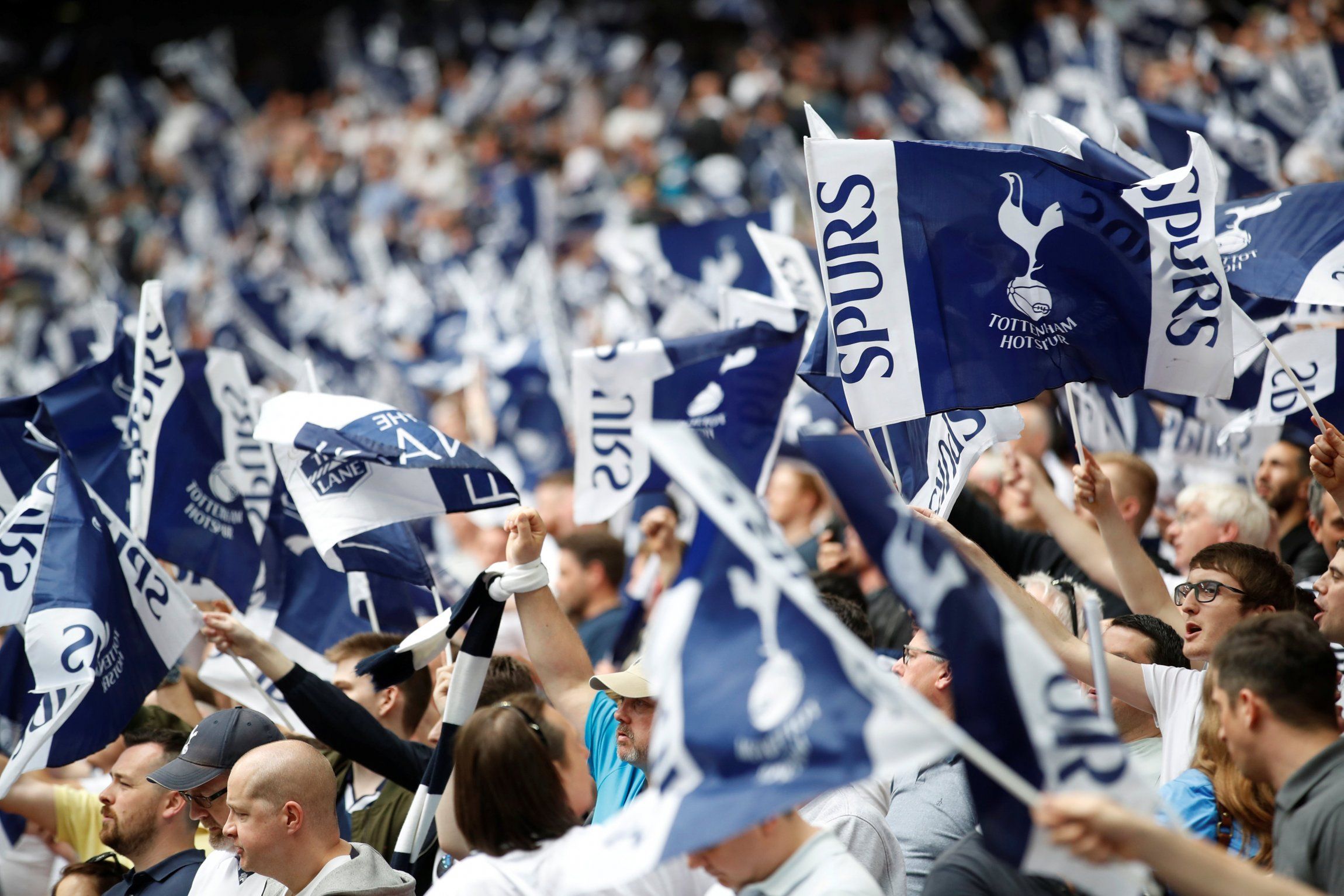According to London Evening Standard, Tottenham have been given an extra 48 hours to decide where they'll play their Premier League home games next season.
Premier League rules state that no club can play their home games at two venues in the same season, but the project to rebuild White Hart Lane after a season-long stay at Wembley has fallen behind schedule and may not be completed for the start of the coming campaign.
Daniel Levy and the club's other paymasters were supposed to make a decision by the end of May but the Premier League initially extended the deadline until this Wednesday. Per London Evening Standard though, they've now been given until Friday with three options seemingly on the table: either play the whole of next season at Wembley, convince Richard Scudamore and his colleagues to make an exception to Premier League rules or reverse the early fixtures of 2018/19 likely resulting in their first three top flight outings being away from home.
The latter scenario may initially seem superficial change, but to what extent could it affect Tottenham's campaign and their chances of holding onto a Champions League qualification slot for another season? Three clubs have been in exactly the same situation before at Premier League level, so here's a quick look at what history tells us about Tottenham's predicament...
Blackpool - 2010/11
What happened? Due to rebuilding at Bloomfield Road Blackpool started their first and to date only Premier League campaign by playing four of their first five fixtures away from home. Two of them proved disastrous - battered by Chelsea at Stamford Bridge and Arsenal at the Emirates Stadium to incur a ten-goal deficit - but the other two produced surprising wins as Ian Holloway's boys beat relegation rivals Wigan and Newcastle.
Did it make a difference? Not as much as it could have done, simply because Blackpool carried huge momentum with them from the Championship and proved to be something of an unknown proposition for many of the clubs they faced in the early stages of the campaign. In fact, the Seasiders ended up finishing 10th in the Premier League's away table, compared to a mere 19th in the home one.
How did the season end? Relegation by a single point, although that was predominantly caused by a run of just two wins from Blackpool's last 18 games. That being said, they did beat Liverpool and Tottenham at Bloomfield Road that season, so perhaps those early visits to Chelsea and Arsenal would have panned out incredibly differently if they'd been played at home when Blackpool clearly had momentum on their side.
Liverpool - 2016/17
What happened? Jurgen Klopp's first full season in charge at Anfield was somewhat curtailed by the rebuilding of the Main Stand, obliging Liverpool to play their first three fixtures of the campaign on the road and producing three different results in the process - a dramatic 4-3 win over Arsenal, a shock 2-0 defeat to Burnley and a 1-1 draw with Tottenham.
Did it make a difference? On the surface, not a huge one. Liverpool grabbed two important results against big six rivals away from home that eventually lead them to finishing in the top four, and in some ways it was probably an unforeseen benefit to play those games so early in the campaign when a lack of true match sharpness acted as something of a leveller. Later in the season, Liverpool won the reverse fixtures at Anfield as well.
How did the season end? Liverpool finished above Arsenal to make the top four but also fell one win short of beating Manchester City to third place. That difference could well have been the defeat at Turf Moor; although the Reds have made a habit of losing on the road under Klopp to lesser teams built upon organised, deep-sitting defences, Sean Dyche's side seemed to catch them cold that day - scoring two incisive breakaways. At another point in the campaign, perhaps Liverpool would have done enough to win.
West Ham - 2017/18
What happened? Due to the World Championships being held in the capital that summer, West Ham were forced to play their first three games on the road as the club converted the much-maligned London Stadium back into a footballing venue, swapping the running track for extra seats.
And although there were other factors, it had a huge impact on West Ham's results, dropping to 20th place on the opening day after a 4-0 defeat at Old Trafford while also losing to eventual relegation rivals Southampton and Newcastle.
Did it make a difference? A massive one. The Hammers started the season on the back foot and would spend all but seven of the Premier League's first 19 matchdays in the relegation zone.
Furthermore, the results - and the angered response to them - inevitably influenced the club's decision to sack Slaven Bilic in early November and replace him with David Moyes. That instantly changed the mentality of West Ham's season; they were meant to be masterminding a break into the top seven, but spent the remainder of it fighting off relegation to the Championship instead.
How did the season end? The Irons eventually finished up nine points clear of the drop line but it was only during the latter stages of the campaign in which they truly pulled away from relegation bother. And even that wasn't enough to keep Moyes in the job, having since been replaced by Manuel Pellegrini due to a negative style of football that was no doubt caused by the mess he inherited just eight games on from West Ham's away-game stretch.
It would be wrong to describe it as the most determining factor, but those early results went a long way to defining West Ham's season, which was so disastrous it almost manifested into a full-scale riot at the London Stadium during a 3-0 loss to Burnley.
Tottenham - 2018/19
Which games would change? The fixtures are officially announced on Thursday, meaning Tottenham will still have around 24 hours to make their decision, and the quality of the opposition could well be a decisive factor in this.
Tottenham's biggest struggles away from home last season were against top six rivals, a 3-1 victory at Stamford Bridge being the only exception in four defeats and one draw at Old Trafford, so a batch of heavyweight contests during the early weeks of the campaign could cost them dearly.
How will it affect them? History aside, the big concern for the Lilywhites is how every season to date under Mauricio Pochettino has started half-paced. In fact, from the first 48 games of the last three seasons (16 per term), Tottenham have won less than half, 22, and lost eight to average just 1.75 points per game.
To give some context, Tottenham required an average of more than two points per game last season to finish fourth. Add in the extra disadvantage of beginning the season with three away games and Spurs could really end up in a compromising position before the campaign truly gets going.
Missing out on top four? It's certainly a possibility considering the competitiveness at Tottenham's end of the Premier League looks set to jump up another gear in 2018/19. Starting the season with three modest results could well be decisive come the close of the campaign, although the counter-argument is how the power of the new White Hart Lane - which will far more like home than Wembley ever has for Spurs fans - will help Tottenham over the line for those rescheduled home clashes.
The overriding message though, is not to downplay the psychological importance those first three games could have.
[brid autoplay="true" video="253257" player="12034" title="Watch Flashback Spurs and the 'Lasagne Gate' incident"]





